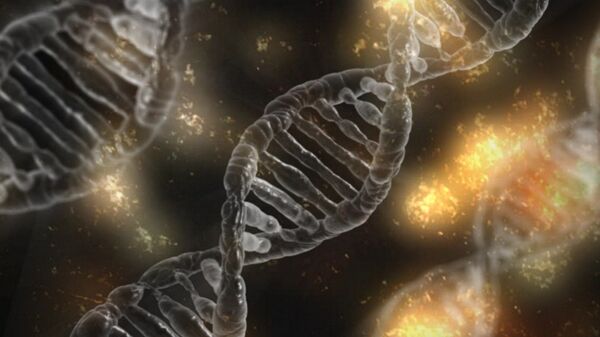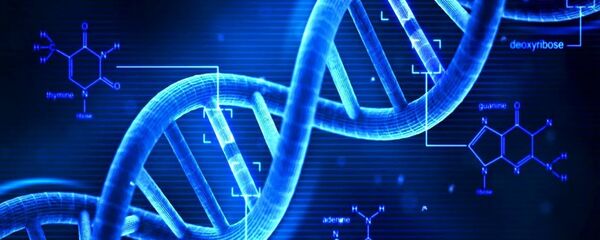Scientists successfully stored into DNA 214 petabytes of data which amounts to 214 thousand gigabytes.
The data contained six files: an old French film called The Arrival of a Train at La Ciotat Station, a 1948 scientific research paper, a computer operating system, a $50 Amazon gift card, a photo, and a computer virus.
The study reported that researchers recovered their files from the DNA with zero errors. Radio Sputnik talked to Dr Yaniv Erlich, assistant professor of computer science at Columbia University.
“We generate more and more data about ourselves and there is a growing demand to have better storage devices. We see a kind of slowdown in the rate of innovation in the field of regular, traditional storage in the magnetic media,” Erlich said.
“Such is the evolution’s choice. It has allowed for the most important information, which is basically the blueprint of our life. So we showed that we can put this information on DNA, optimize and get very close to the optimal configuration of data on DNA and retrieve this information without any error,” the professor said.
According to the professor, large data centers, such as Amazon, IBM or Google, want to keep information for longer period of time and benefit from the small size of this molecule and have it in their data centers.
Addressing the future of this technology, Erlich said that, at present, it is still quite expensive, hence it can’t yet compete with the hard drive, but as was seen previously in other types of biological applications, it may be possible to achieve similar cost-cutting results in this case, too.
“What we envision here is that if we can do the same thing for DNA synthesis that is something that, say in 20 years from now, can be a really competing technology to regular and magnetic media,” Erlich said.
Never miss a story again — sign up to our Telegram channel and we'll keep you up to speed!



